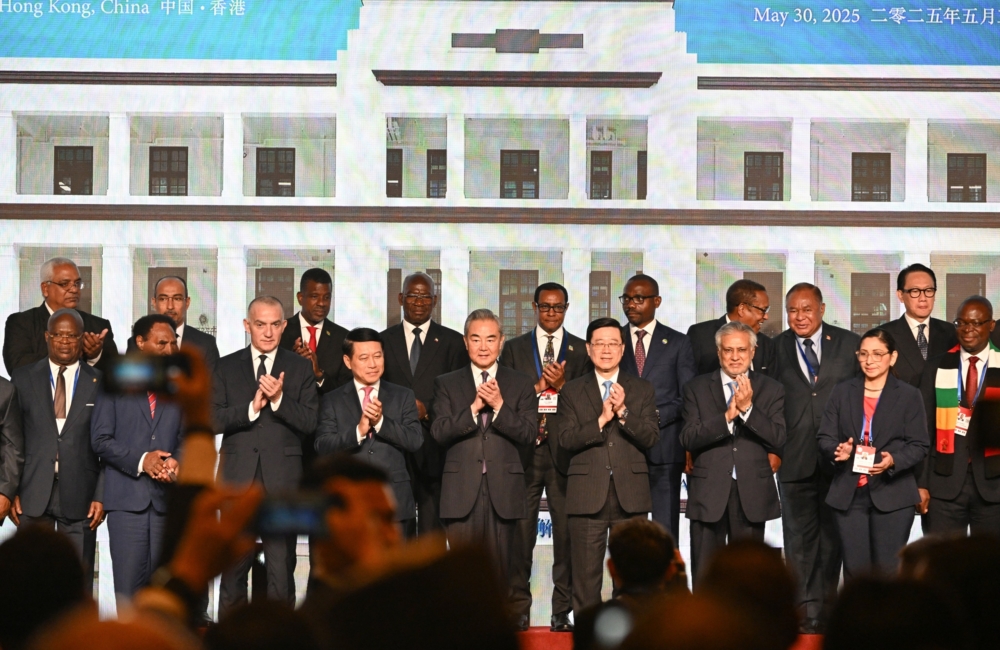
A couple of weeks ago in Hong Kong, China quietly inaugurated the International Organization for Mediation (IoM), marking what may become a significant shift in global dispute resolution. Thirty-two countries from Latin America, Southeast Asia, Africa, and Europe attended the launch, underscoring Beijing’s ambition to build a broad-based, intergovernmental mediation forum with a strong emphasis on commercial disputes.
According to China’s foreign minister, the IoM will serve as a non-adversarial alternative to traditional judicial bodies such as the International Court of Justice and the Permanent Court of Arbitration. Its mandate encompasses three main categories: mediation between sovereign states, disputes between states and foreign investors, and international commercial conflicts. The stated goal is to foster consensus-building and peaceful settlement of differences rather than resort to litigation or binding arbitration.
The timing of this initiative is notable. As geopolitical tensions rise—from the U.S.-China trade war and EU-China friction to escalating competition over critical mineral supply chains—commercial disputes are becoming more frequent, particularly involving Chinese companies operating in the Global South. Chinese firms are feeling the pressure, especially in strategic sectors like mining, where the West is attempting to curb China’s supply chain dominance.
Last year, the CEO of Zijin Mining, one of China’s top mining companies, warned of efforts to block the firm’s overseas expansion amid growing geopolitical scrutiny. As disputes over mining licenses, joint ventures, and investment terms multiply, China’s promotion of a new dispute resolution platform appears to be a calculated, preemptive step. The IoM could be seen as China’s attempt to preemptively offer a venue designed to defuse such disputes through dialogue.
The creation of the IoM also aligns with China’s Global Security Initiative, introduced in 2022, which champions Beijing’s vision of a more inclusive and non-Western-centric vision of global governance. By positioning the IoM as a consensus-driven, accessible alternative, China is directly challenging the perception that international dispute settlement should be anchored in Western legal norms.
Early membership includes several African nations—Benin, Cameroon, Kenya and Uganda among them—illustrating the organization’s appeal in regions where Beijing maintains substantial economic ties. As the IoM expands, analysts will watch closely to see which states join and how effectively it resolves real-world disputes.
While still in its infancy, the IoM represents a major strategic initiative. It is imperative for businesses, investors, and policymakers to monitor its development as it has the potential to recalibrate the rules and practices governing commercial dispute settlement on the global stage.










